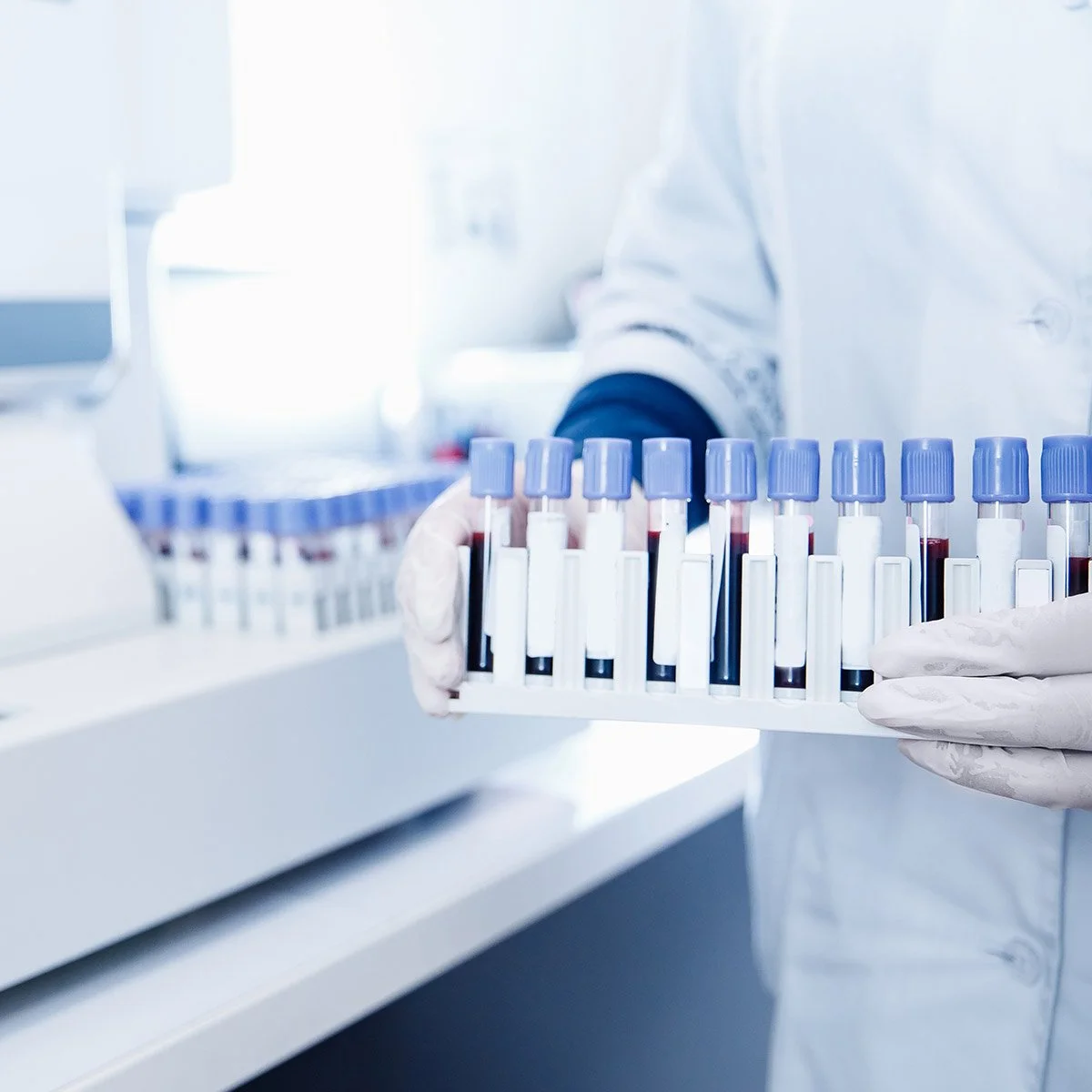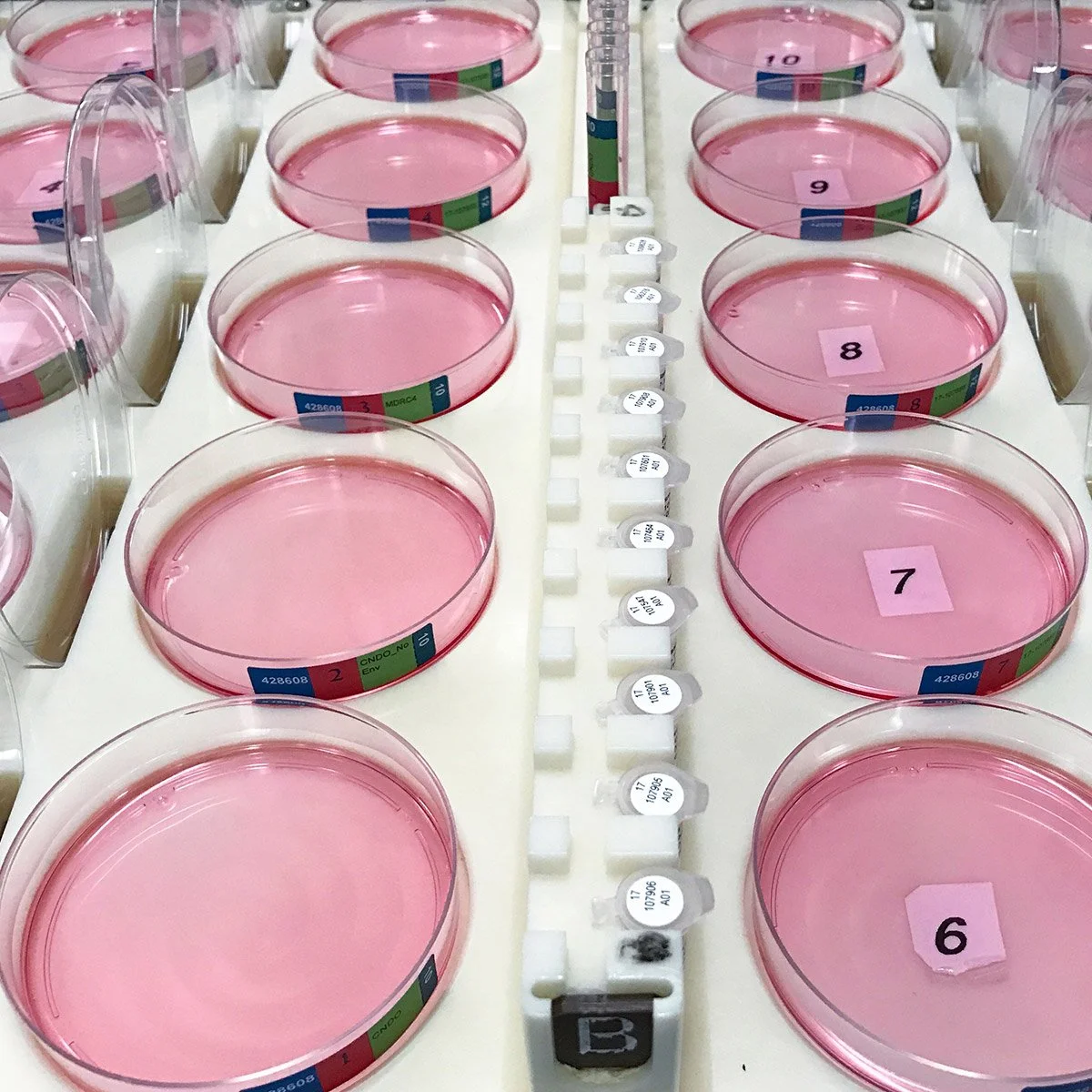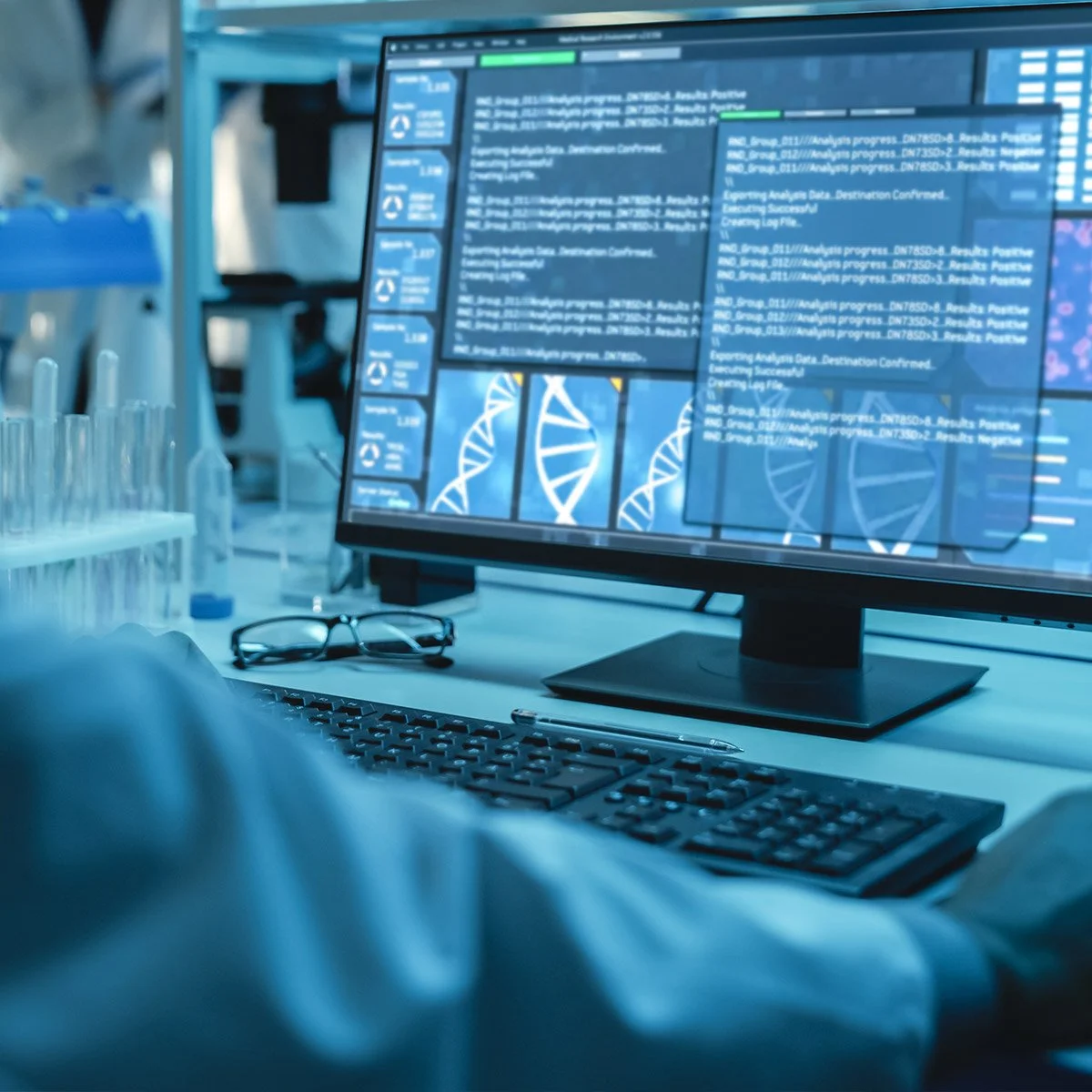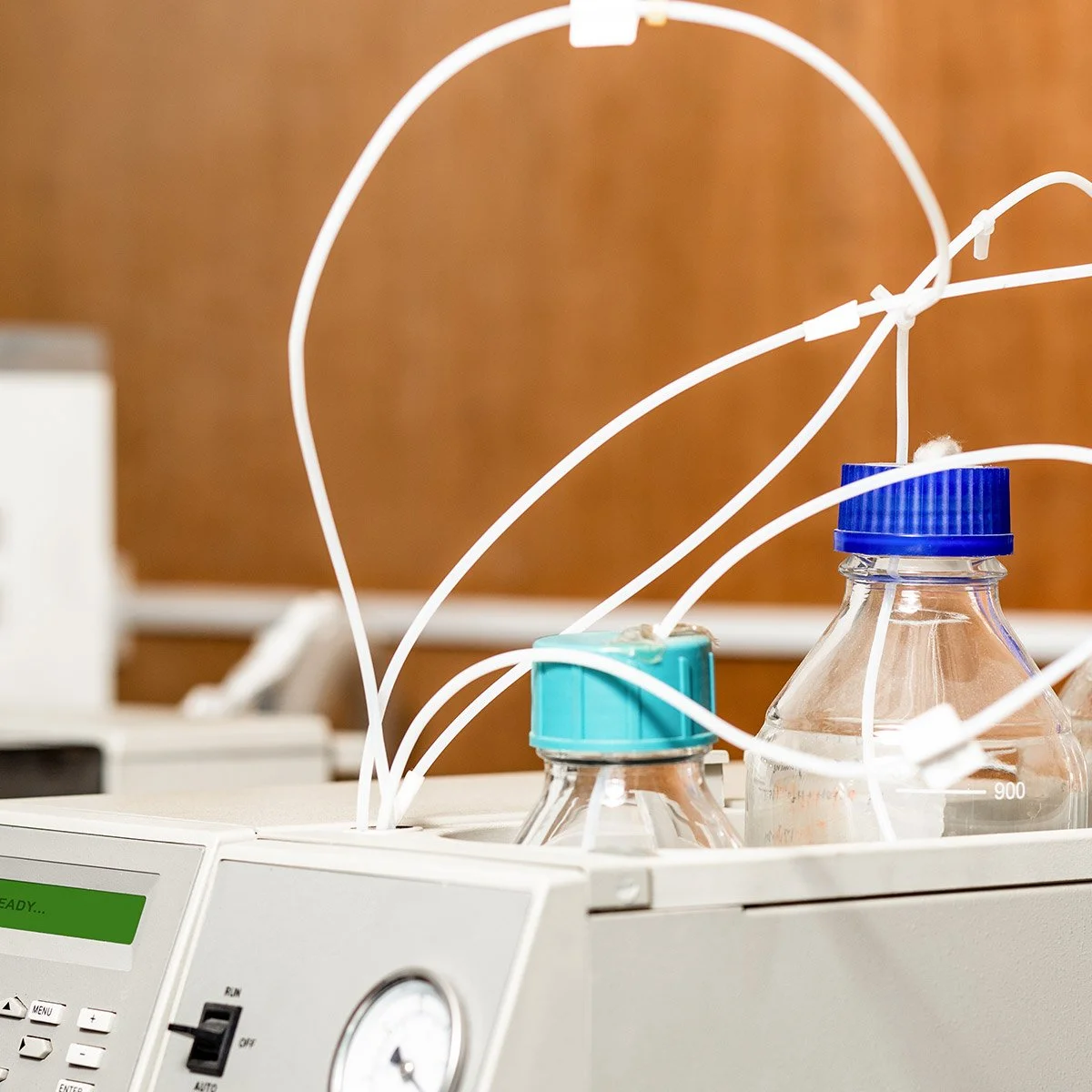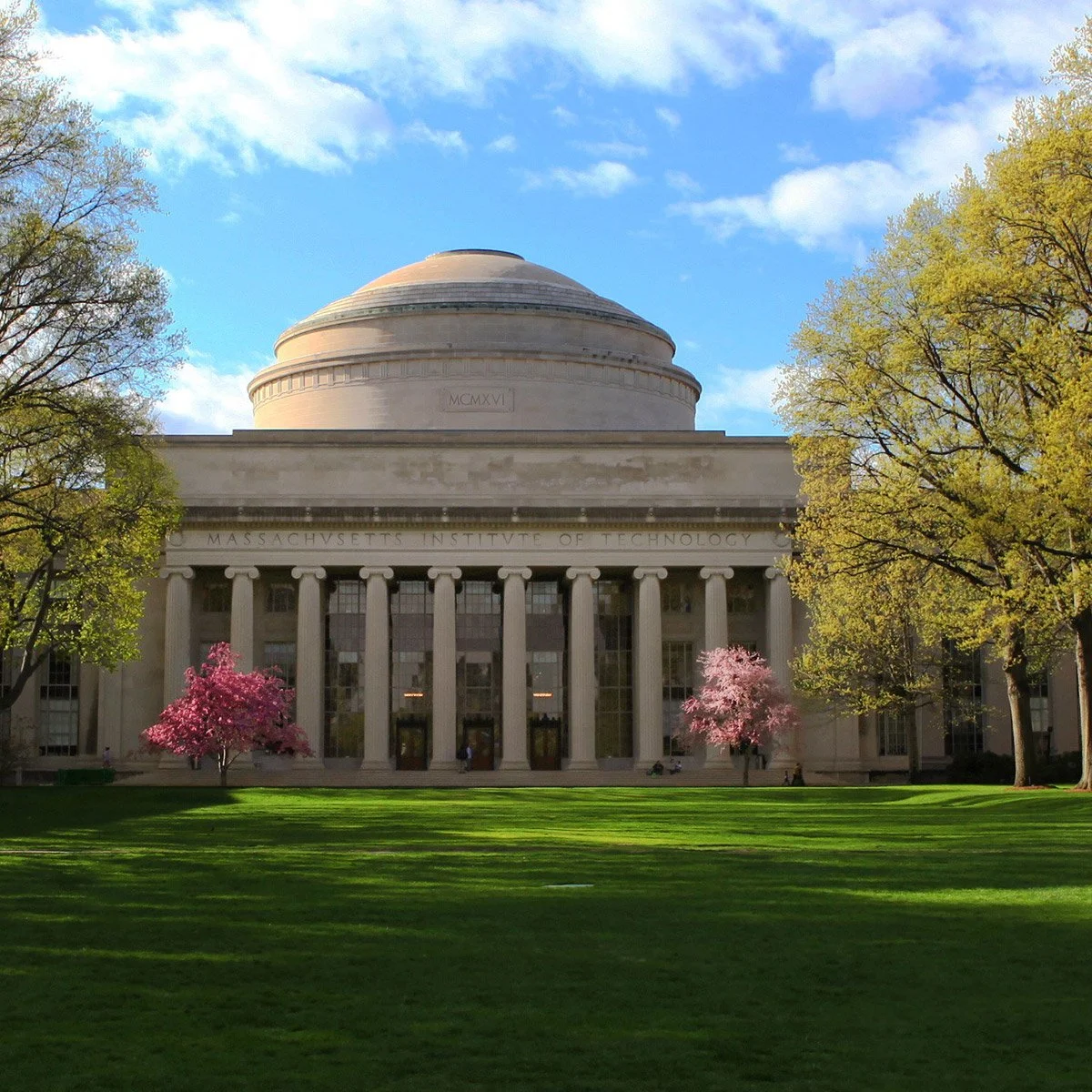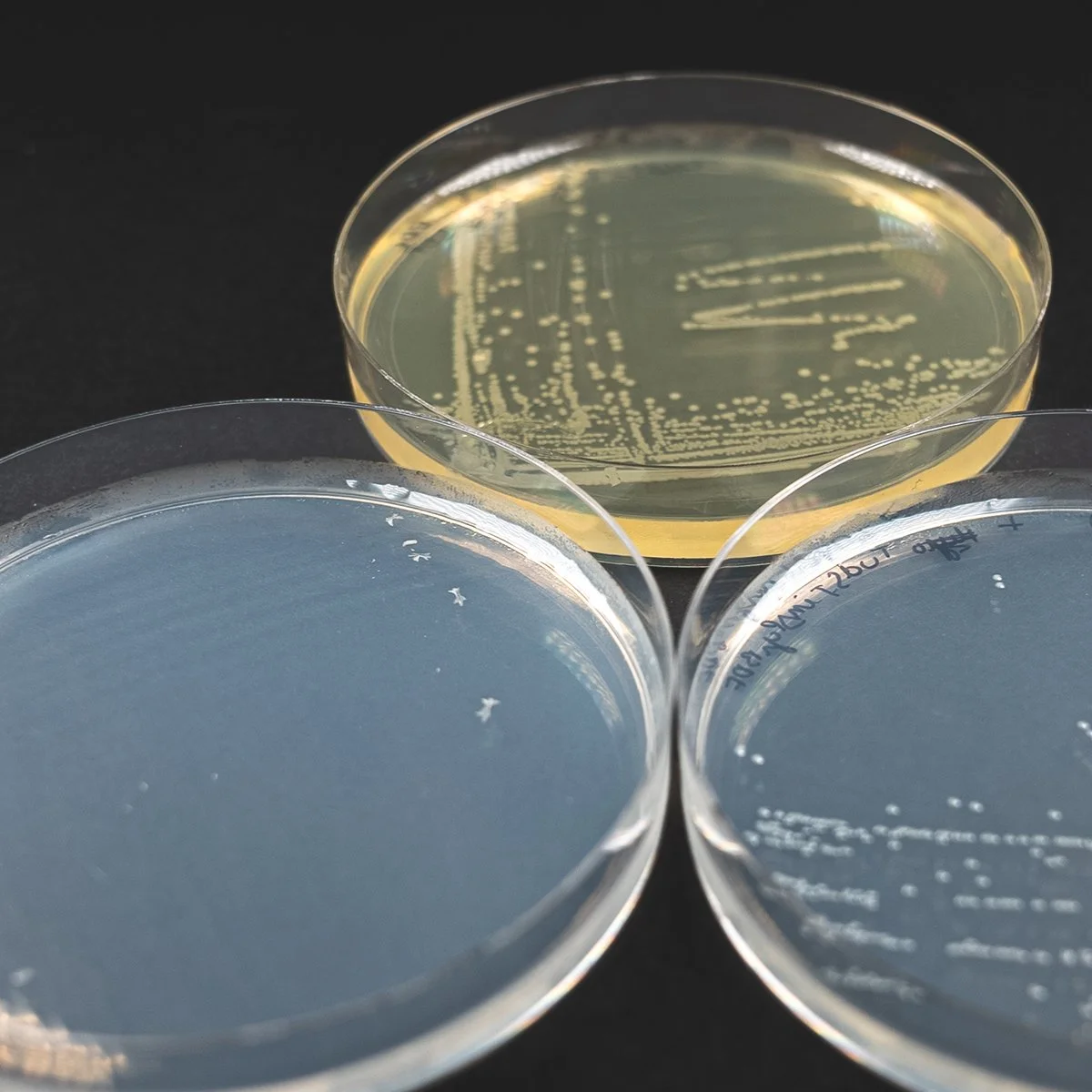“This is a global issue, but with a local solution.”
- Émilie Lacaze, PhD
A team of nine women working in the aquatics labs at the Centre St-Laurent (CSL) in Montreal has launched a lab plastic recycling program that overcomes some of today’s biggest challenges - #1 finding a service that will accept mixed lab plastics and #2 making the process user-friendly. Most importantly, this lab recycling program establishes transparency. Transparency ensures the right environmental outcome and inspires confidence in scientists to participate. The goal is for this program to eventually reach all of the Environment and Climate Change Canada (ECCC) labs across Canada, beginning in Quebec province.
The ECCC is the part of the Canadian government that protects the environment. It provides environmental monitoring; scientific research; policy development, public engagement, and environmental law enforcement. In an effort to promote internal sustainability, the ECCC recently called for project proposals from its 6000+ employees to both improve the workplace and protect the environment. The call was a so-called “Dragon’s Den” / “Shark tank” style competition. Aquatic scientists Andrée Gendron, Maeva Giraudo and Rebecca Gouge pitched their project vision to the judges. It happened to be the only pitch that came directly from labs. The judges were very excited about its potential impact. The aquatics labs team won the funding!
Interview with Émilie Lacaze,PhD and Maude Lachapelle,PhD, members of the plastic recycling program team
Why do your labs need to use single-use plastics?
Our labs use single-use plastic mainly because our work requires sterile and chemically contaminant-free containers for samples. Plastic is also necessary for personal protection items like gloves, due to its chemically resistant nature. Many methods in our labs require no sample cross-contamination. Plastics are affordable to ensure this. It’s not possible to stay RNAase and DNAase free with glass. Unfortunately, glass also presents safety issues for fieldwork. For example, glass containers are too fragile to be used by our colleagues who travel by helicopter to environmental sites. Glass also doesn’t work well for storing samples in freezers.
Why are you concerned about plastics as environmental pollutants?
Our organization in Montreal focuses on monitoring and research of the Saint Lawrence River, where we see microplastics in the water, and inside the sediments. The ECCC is part of the Canadian federal government. Canada led the G7 2018 summit, which released The Ocean Plastic Charter commitment to take actions. This commitment implies that it is part of our jobs to help reduce plastic pollution. But even beyond our role as scientists, we are concerned about this threat to wildlife ecosystems. The plastic waste stream needs to be diverted from waterways.
Given the new challenges from the global recycling crisis, how did you find a recycling service to take your lab plastic?
This is a global issue but it is also a local issue. Just knowing what type and volume of waste we were producing was not enough. There is no international coding # printed on scientific plastics so these are considered wastes. There is currently no market for recycling these plastics. Our group needed a third person to succeed. We received help from Synergie Santé Environnement, an environmental consulting group. The consultant was aware of the market values for material types in the industry and where the local options were. Their advice was absolutely necessary to match us with the right service. They also emphasized that we require transparency from our service. This is the biggest lesson from the recycling crisis.
The main issue in the matchmaking process was the relatively low volume of scientific plastics we had compared to personal consumption plastics. However, it was helpful that our collections are of higher quality plastics. For example, things like coffee can lids are made of lower quality plastics than lab sample tubes. Our program collects all types of lab plastics; polypropylene, low and high-density polyethylene, terephthalate, polystyrene. The only plastic items that our recycler can not take are nitrile and silicone. This includes pipette tips and boxes - which was a mandatory requirement.
Where will the lab plastic collections end up?
The lab plastics are recycled to produce lightweight concrete and insulation for construction. Our recycler, Montreal based, Groupe Gagnon, specializes in microservices adapted to fit each facility’s needs. They were already used to recycling hospital waste, so our non-biohazardous waste was actually easier for them. Our team will receive reports from this recycler.
How did you begin the lab recycling program?
It started with a waste audit. There are three departments in the ECCC Aquatic Contaminants Research Division in Montreal; Research, Monitoring and Environmental testing. One person from each of these groups performed an audit. Each person looked at both plastic consumption and waste. Some plastics in our waste disposal are not purchased by the ECCC labs. These are sent into our labs from the field. Our initial findings were that PET #1 (Polyethylene terephthalate) made up 0.7% of our plastic waste by weight, wherease HDPE #2 (High-Density Polyethylene) from things like plastic flasks made up 10%. Flexible bags composed of LDPE #4 (Low-Density Polyethylene) was 28% and PP#5 (Polypropylene) was 41%. Since this is a new program the portion of each type of plastic could change to match seasonal changes in our lab activities.
What communication methods did you use to help everyone to use the system?
The lab plastic collections must be chemical contaminant free and sorted into flexible and rigid collections. All the collection bins are centralized on each floor. We worked with the building manager to determine the path from labs to the recycler. We met with our cleaning staff to go over the process. We provide posters and bin labels to support good sorting. Our posters are in English, French, and Spanish. We designed the symbols by pairing shapes to colors with the thought of color-blind users.
Nine labs are running the pilot for the new recycling procedure. We presented the process to all the labs in meetings. We emailed the procedure and reminders to lab members. People are welcome to send a picture of an item to our team and we will help determine if it is recyclable.
Do you have any other efforts going on to reduce lab waste?
Yes, we use teamwork to bring more ecological aspects to our lab activities. We have created a designated storage location for all of the packaging material that we receive, as well as a shipping room with a dispenser of Styrofoam pellets that can be reused for our own shipping needs. We also replace single-use with alternative low waste producing products whenever possible.
Finally, would you like to give credit to any colleagues who have helped in setting up this pilot?
Yes, our team members are Chantale Andrée, Joelle Auclair, Andrée Gendron, Maeva Giraudo, Rebecca Gouge, Émilie Lacaze, Maude Lachapelle, Laurie Mercier, and Sylvie Poirier-Larabie.
Our manager Jean-François Bibeault was very accommodating. He supported the time it took for us to perform these audits. The support from our co-workers was also much more than we expected! We are grateful for the help from our building management company, Brookfield Global Integrated Solutions (BGIS) and support of our cleaning company BeeClean Employees.
To contact the team for further information please email:
ec.equipe3rvplastiques-3rvplasticsteam.ec@canada.ca
Thank you for being “labconscious”!
Please note: The original version of this post has been corrected for editorial mistakes on 1/27/2020.







